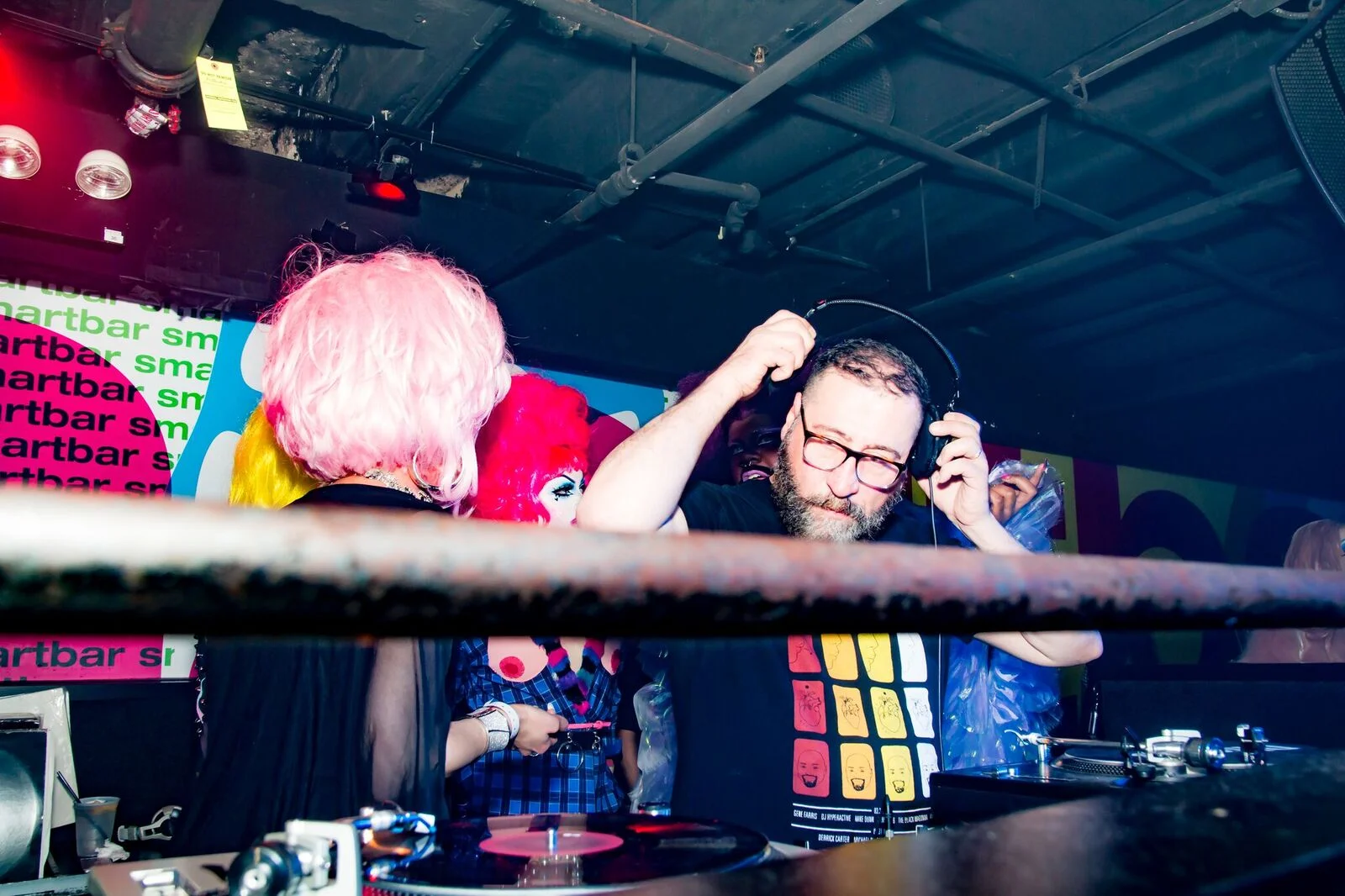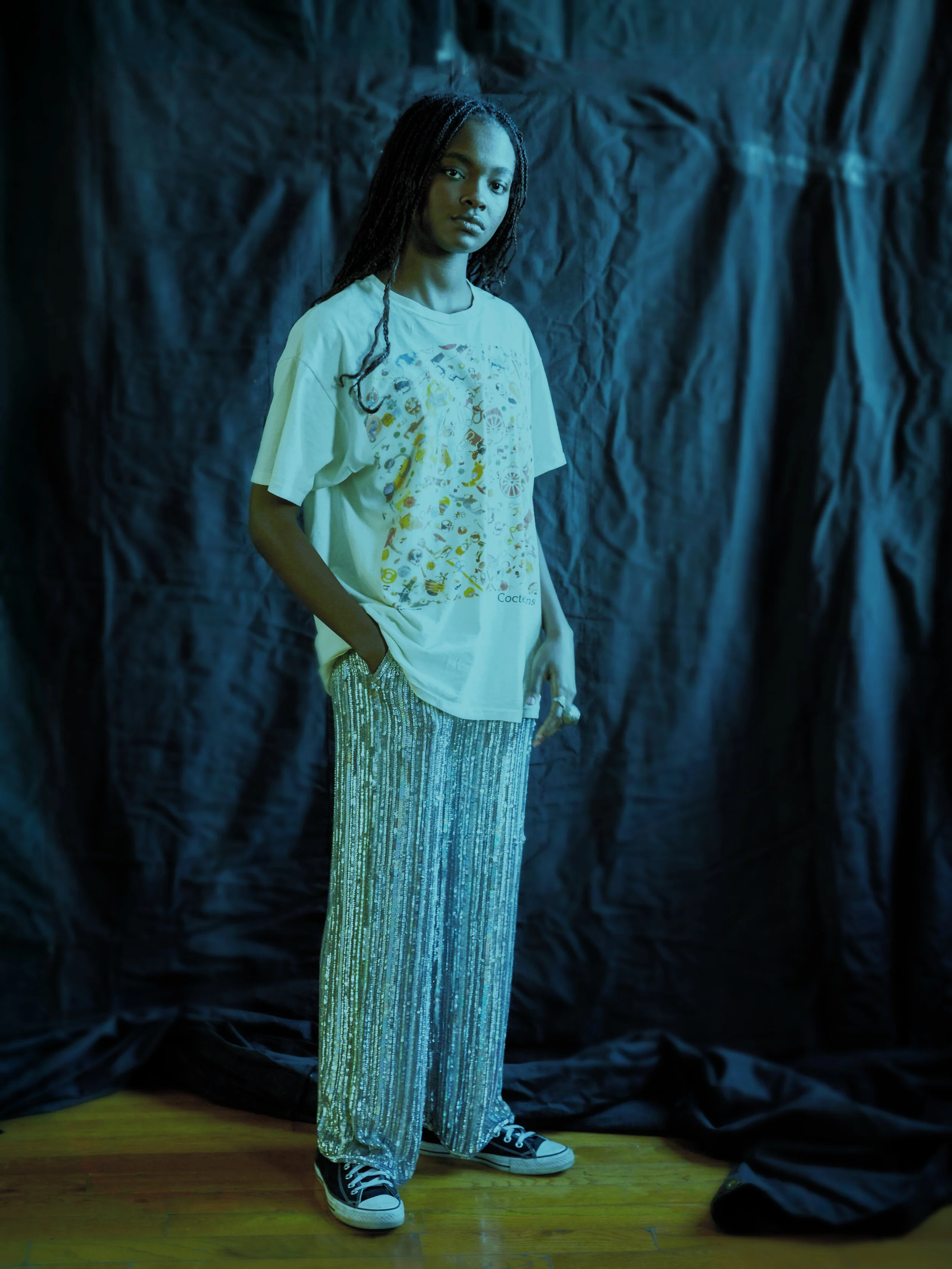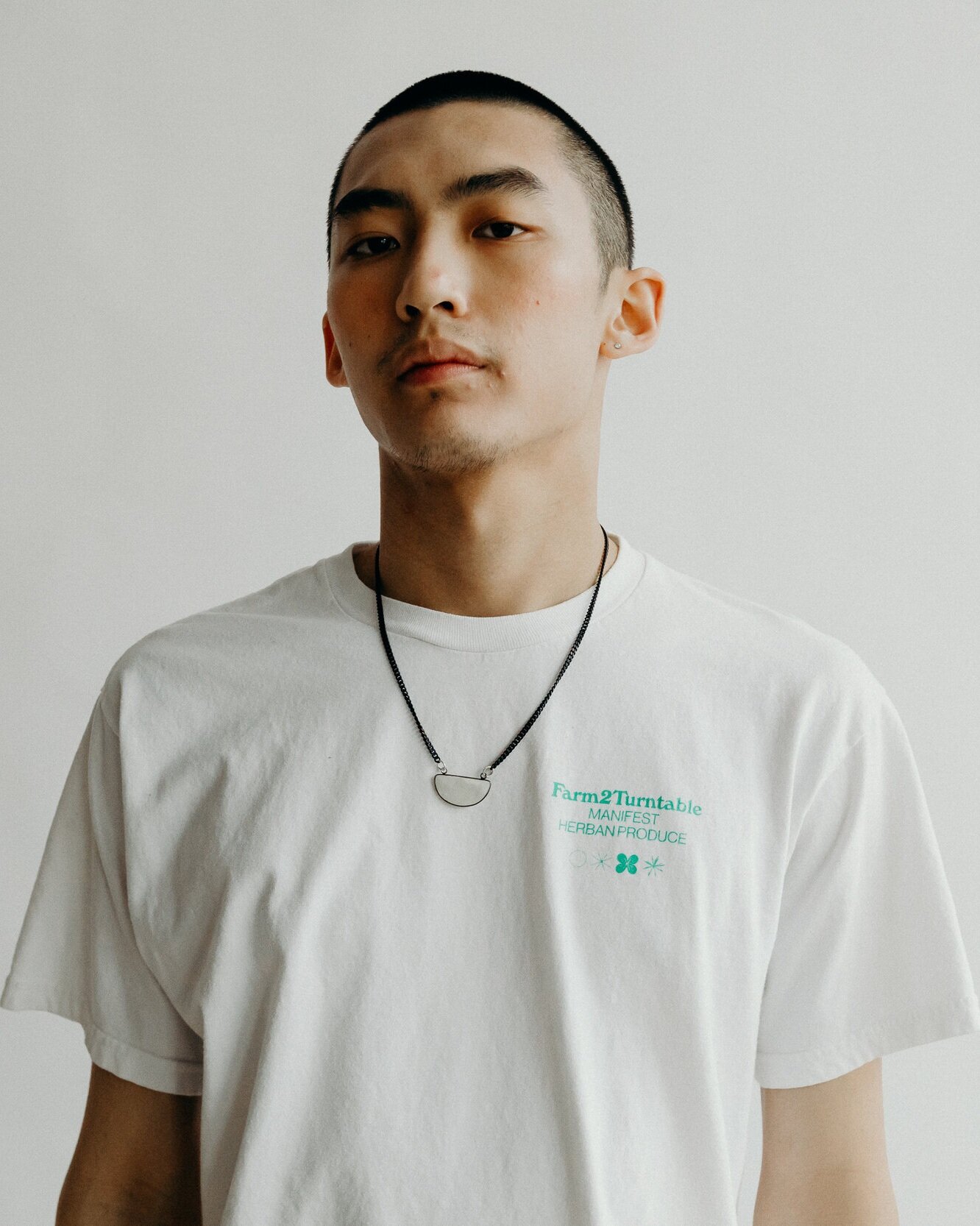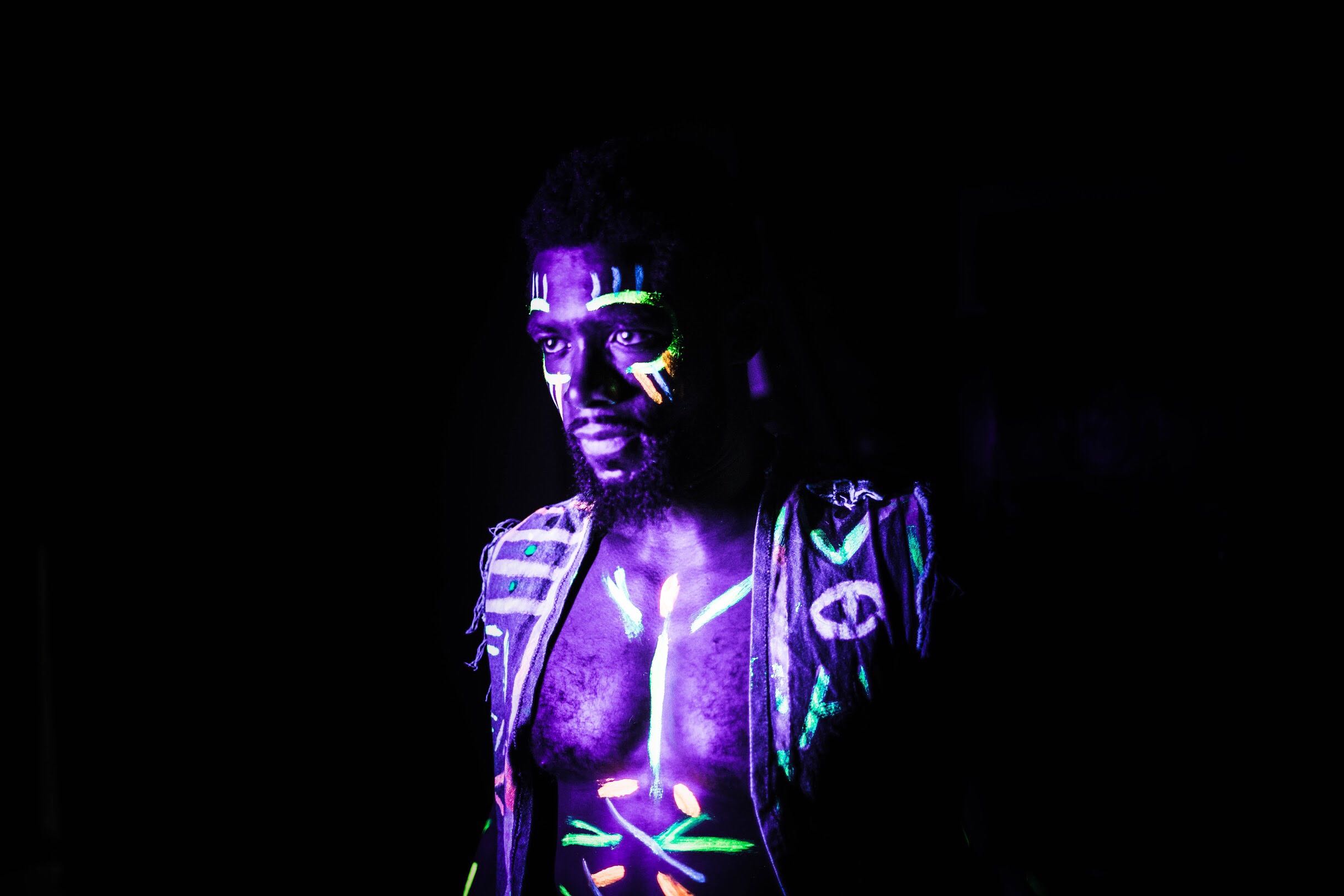The First Under 21 "Queen!" Marks an Extravagant Return to Chicago House Roots
Photos by Eric Michael Kommer
Bringing Chicago House Culture Back to the Youth
Since 2013, Queen! has been Chicago’s premier party. An inclusive celebration of house music and drag performance carrying the torch of the old school while warmly welcoming in the new. Tonight, for Pride and in collaboration with Red Bull, Queen! extends a wider welcome than ever before - opening the doors of Metro to a crowd of 1000, including fans under the age of 21 for first time. That small detail means a lot to Queen! founder and Chicago house legend Michael Serafini.
I sat down with Michael at Red Bull’s offices to trace his path through the Chicago house music scene, through his co-founding of Queen! with fellow resident Garrett David. And to learn how tonight’s event brings his relationship with the community full circle.
Growing up on the Southside of Chicago, still coming into his identity as a gay man, dance music was Michael’s escape into a kind of diversity that daily life and high school could not offer. He fell in love with dance music in the city’s once thriving teen club scene during the ‘80s and Chicago’s first golden age of house. Teen clubs or parties like Prime & Tender (held at a venue that was a steakhouse the other six days of the week) offered young adults a safe environment to discover themselves, and exposed them to legends like Ron Hardy or the Hot Mix 5.
"...everybody worked really hard and promoted the night and eventually we connected with a community of people."
— Michael Serafini
But the parties and clubs that Michael credits as the forebears for Queen! are products of the ‘90s during house music’s second golden age - the itinerant Boom Boom Room party (beloved most at Red Dog, or Green Dolphin Street, depending on who you ask), or the industrial expanse of the down-by-the-tracks club ‘Shelter.’ “Shelter was this maze of a warehouse painted in day glow and black. On the way in there were phone booths, and you’d see people making out or doing a line.” he says. Its beveled-and-frosted glass VIP room was his first brush with the party behind the party.
Boom Boom Room and Shelter hold special significance to Queen! for their provenance of a certain kind of inclusivity. “Not calling it a ‘gay club,’ but an ‘anybody’ club,” Michael clarifies. These nights not only offered their attendees a chance to be themselves, but also to make a name for themselves. The outsized personalities and imaginative fashions - everything from femme to “monsterish” - of club kids and drag queens like Byrd Bardot, Sal-E and Jojo Baby shone bright, earning them fame and acclaim surpassing many DJs who graced the booths above them.
Around this time, Michael’s career in music began taking shape, and in 1993 he joined landmark dance music purveyors Gramaphone Records, where he worked with many people who are still peers of his in the scene today. And he began DJing at Berlin - “a crazy place, known for being OK for crossdressers. We’d constantly get calls of guys asking if it was accepted to be trans or to crossdress.” One regular, a silver-haired professor-type called Elvis, “would walk in a suit, carrying a bag, go to the bathroom and come out looking like Rocky Horror Picture Show. It was incredible.” He remained there for a decade, and went on to earn residencies at venues like Cocktail and Crobar, as well as the oft-roaming party The Boom Boom Room - building a name for himself as a Chicago house luminary.
“Some people are there just for the music, and could care less about the drag. Some people come only for the drag. But everyone’s there together and it all kind of works.”
All these events lead to the birth of Queen! Five years ago, when producer Kyle Woods packed up for Los Angeles and left a hole in programming at Smart Bar, Michael was tabbed to fill it. He recruited the young upcoming DJ Garrett David (who’d played Kyle Woods’ and Michael’s Dollar Disco nights at Smart Bar as well), and his old friends Byrd Bardot, Sal-E, and Jojo Baby to join as hosts.
All that was left to do was give the night a name. They toyed briefly with continuing the legacy of Boom Boom Room, but decided against it - “kids don’t want to be told - ‘this party is legendary, you need to go to it!’” Byrd Bardot had the perfect suggestion for a new chapter. Queen. With an exclamation point. The dripping, jagged look of the logo, handled by Smart Bar’s creative director Dan Polyak, opted for a subversive punkish, ‘80s skateboarding feel. Byrd’s in-your-face moniker and Dan’s iconography gave the party a personality that aligned with a cultural moment. Embraced by a new, very prideful, very out generation of the LGBTQ+ community, it gave that new generation their own thing.
But that thing didn’t take off right away. “I can remember the manager standing behind me in the booth and asking if anybody would ever show up. But everybody worked really hard and promoted the night and eventually we connected with a community of people. We found regulars who wanted to experience something reminiscent of what they loved at other parties.”
“Owners might look at people who aren’t 21, and say - ‘well, they’re not spending money on drinks.’ But that’s your investment in the future.”
You feel that atmosphere immediately on any given Sunday in Smart Bar - an alternative family atmosphere, a kind of modern club ‘Cheers.’ “There’s consistency, but it’s not predictable.” Michael says with pride about himself and the other residents, who for a long time counted The Godfather of Chicago House, Frankie Knuckles among them - “You know what you’re gonna get. ‘Michael and Garrett and Derrick are there, and you know when they go on their gonna bring it the way that the room is meant to be brought.’ Sometimes people discover a new favorite in guests between the residents, and that’s great too.” Among those guests are massive names, emerging names, or your DJ’s favorite DJ - including Todd Terje, Honey Dijon, Mark Farina, and Harry Cross this year alone.
Mike credits the influence of Dan Polyak with helping trans inclusivity and drag queen culture, flourish at Queen!, booking drag queens and hosts with the same consideration and effort as the DJs themselves. It’s fostered an open environment that’s creative, energetic, and open; where attendees mix club kid fashions with high fashion and sometimes end up the main attraction. “Some people are there just for the music, and could care less about the drag. Some people come only for the drag. But everyone’s there together and it all kind of works.” Michael says.
When Red Bull approached Queen! about partnering on a Pride event, Michael knew right away what they wanted to do - harken back to the teen parties that led him to discover the scene in the first place and throw Queen!’s first 18-and-up night. “Nightclubs are much more regulated these days, and the industry is more careful. Owners might look at people who aren’t 21, and say - ‘well, they’re not spending money on drinks.’ But that’s your investment in the future.” For just one night, those barriers to entry have been lifted and Queen! will be able to make that investment, moving the party from Smart Bar upstairs to Metro and welcoming in a bonafide who’s who of legends to play for perhaps a younger crowd than ever before.
Among those joining the Queen! residents on the night’s extensive performance roster are upcoming DJ Hey Rae Chardonnay, legendary artists Joe Smooth, Dajae, and Shaun J. Wright, four-time Grammy nominated producer Steve “Silk” Hurley, special guest diva CeCe Peniston; as well as hosts Lucy Stoole, Nico, Jojo Baby, Imp Queen, Valentine Addams, Ivory, Tenderoni, Sal-E, Kenzie Couleé, Dida Ritz, Debbie Fox, Monica Beverly Hillz, Discord Addams, Gidget Von Addams, Bambi Banks, Hinkypunk, and Jay Jay. A hell of a list.
“When I was talking to the artists, the resounding reaction was excitement.” Michael says, “We all grew up going to parties like this.” Thanks to Queen! and Red Bull, so will a new generation.

































